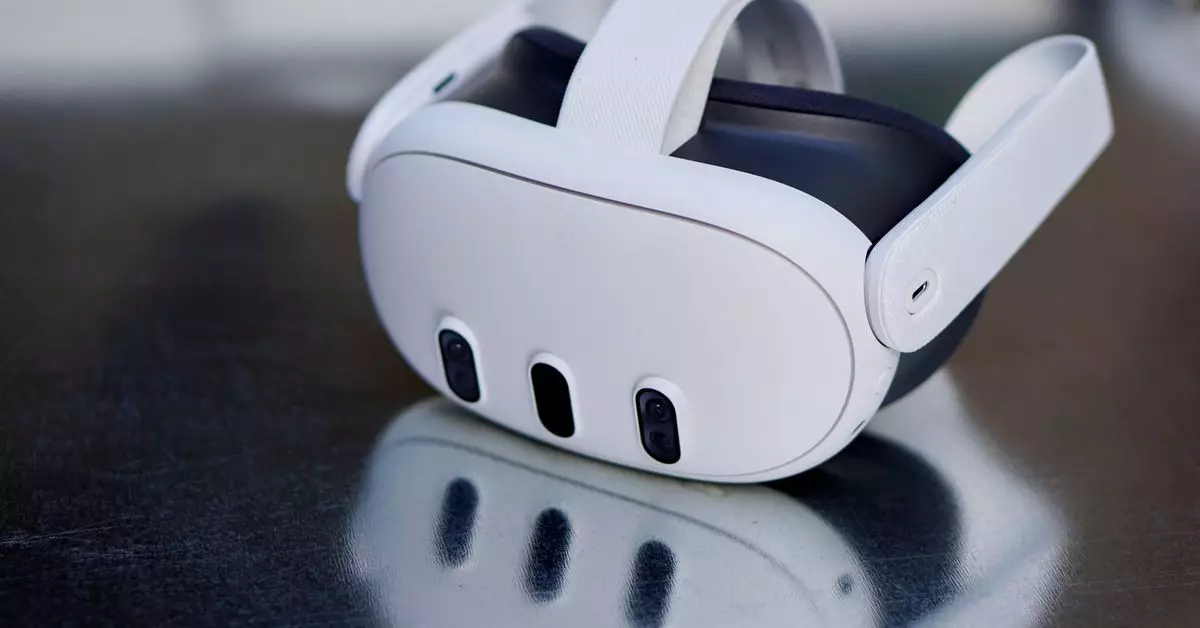Meta’s decision to halt the development of its high-end mixed reality headset, codenamed La Jolla, comes as a surprise to many in the tech industry. Despite initial plans for a 2027 release, the company recently instructed employees to cease work on the device. One of the contributing factors to this decision was the anticipated high cost of using MicroOLED displays in the headset, which would have made it difficult to keep the price below $1,000.
The cancellation of the La Jolla headset raises questions about the future of premium VR products from Meta. The failure of the $3,500 Vision Pro to gain traction with consumers and developers, along with the lackluster reception of the Quest Pro, has highlighted the challenges facing high-end VR devices. It appears that there may not be enough demand for such expensive products in the current market.
In response to the news, Meta’s CTO Andrew Bosworth downplayed the cancellation of the La Jolla headset, stating that the company constantly develops prototypes and not all of them make it to production. Despite this setback, Meta remains committed to advancing its mixed reality technology. Reports suggest that a more affordable Quest headset, codenamed Ventura, is in the works for release later this year. Additionally, Meta is expected to unveil new AR glasses at its upcoming Meta Connect event and introduce standard and premium versions of the Quest 4 in 2026.
The decision to cancel the La Jolla headset may have broader implications for the VR and AR industry as a whole. It signals a potential shift away from high-end, premium products towards more affordable options that are accessible to a wider range of consumers. As companies like Meta reconsider their strategies, we may see a greater emphasis on mainstream adoption and user-friendly features in future VR and AR devices.
Meta’s decision to cancel its high-end mixed reality headset reflects the challenges and uncertainties facing the VR market today. While this may mark a shift in the company’s product lineup, it also opens up opportunities for innovation and development in more affordable and user-friendly VR and AR technology. Only time will tell how this decision will impact the industry as a whole and shape the future of virtual and augmented reality experiences for consumers.

